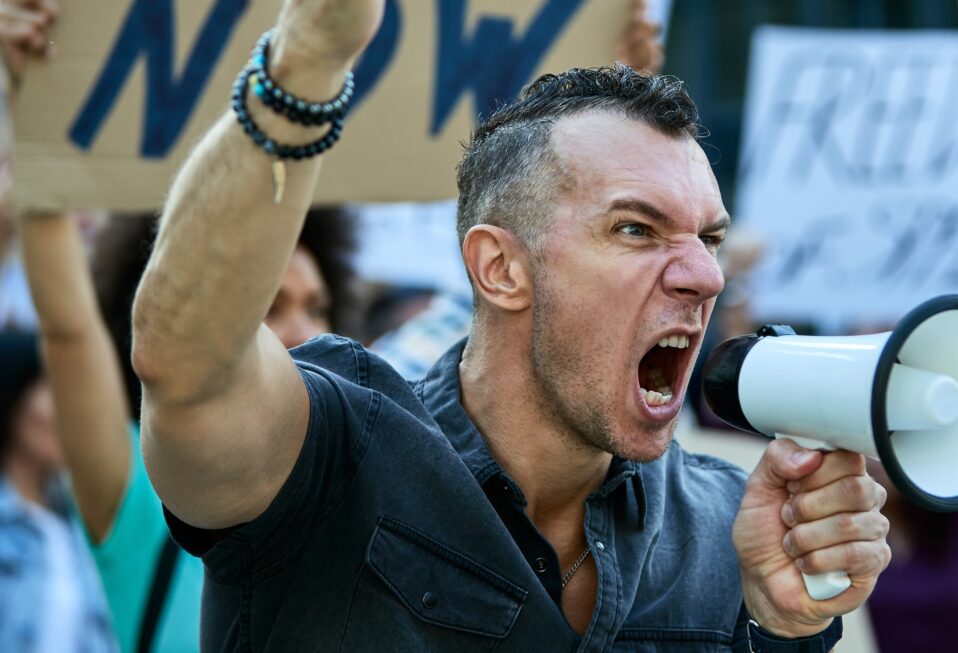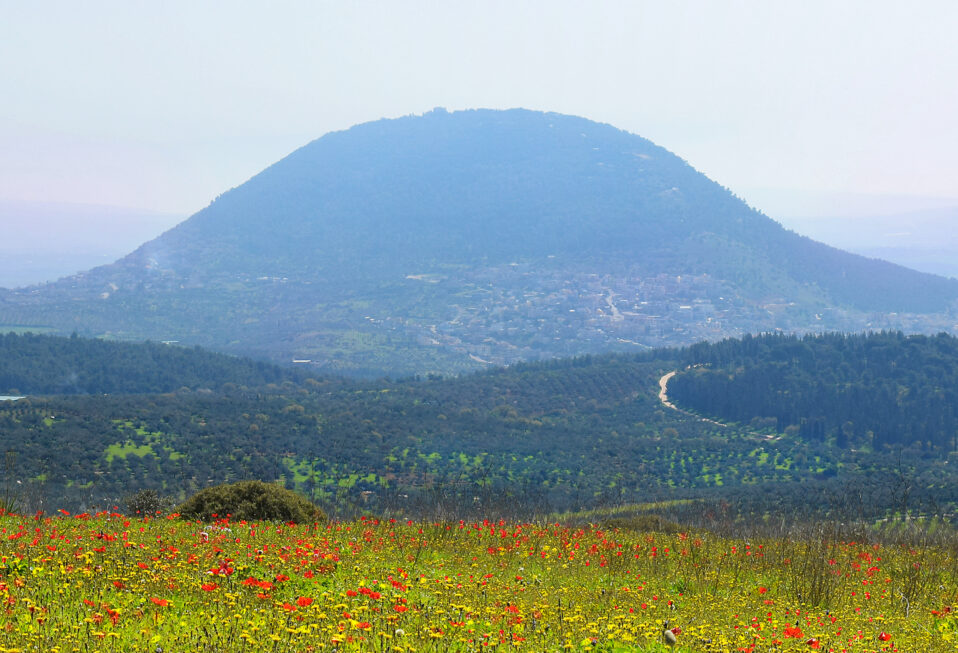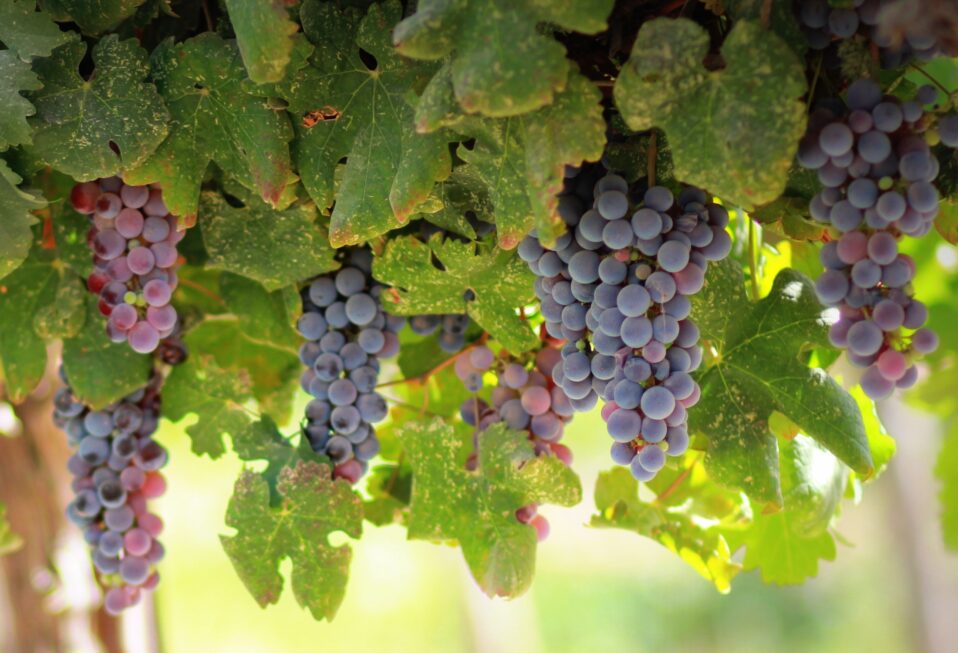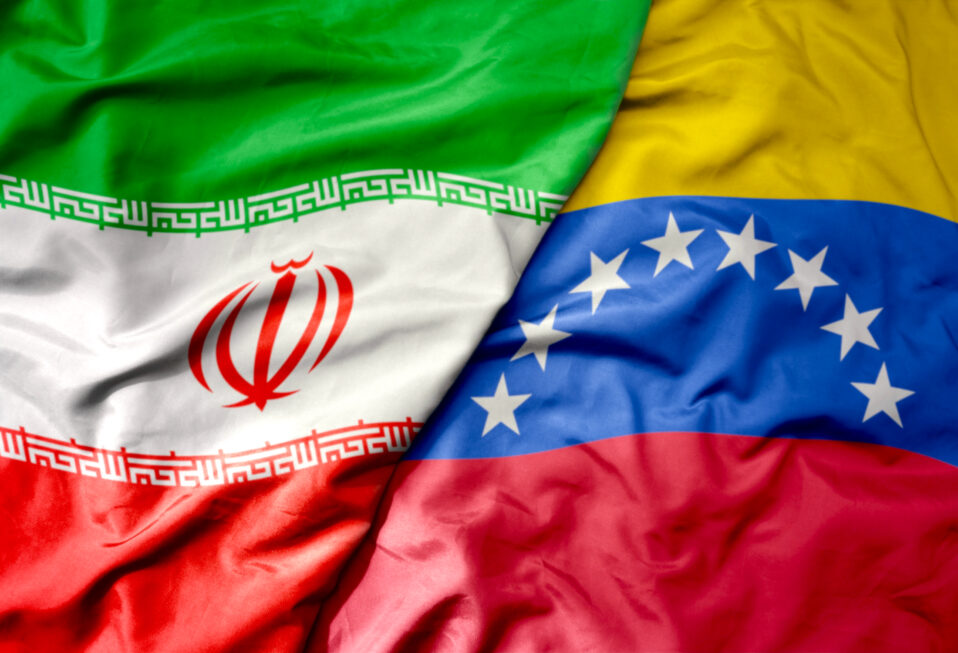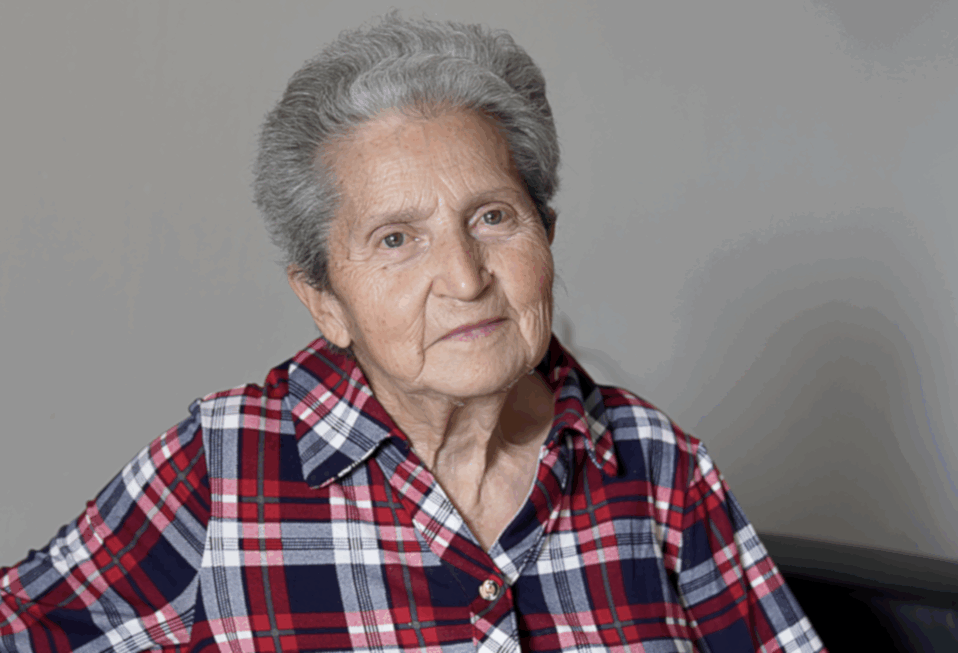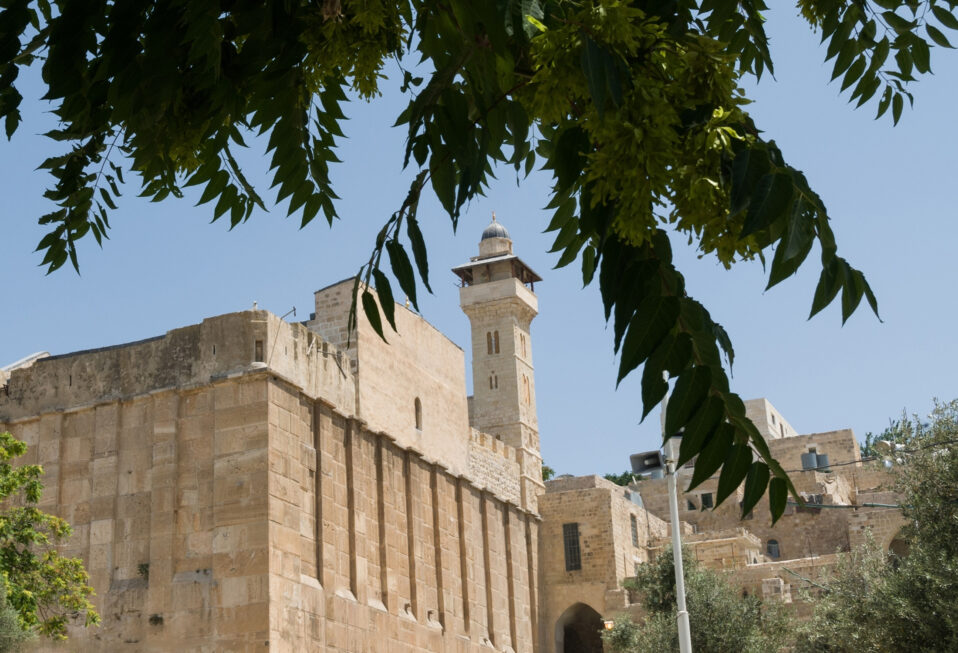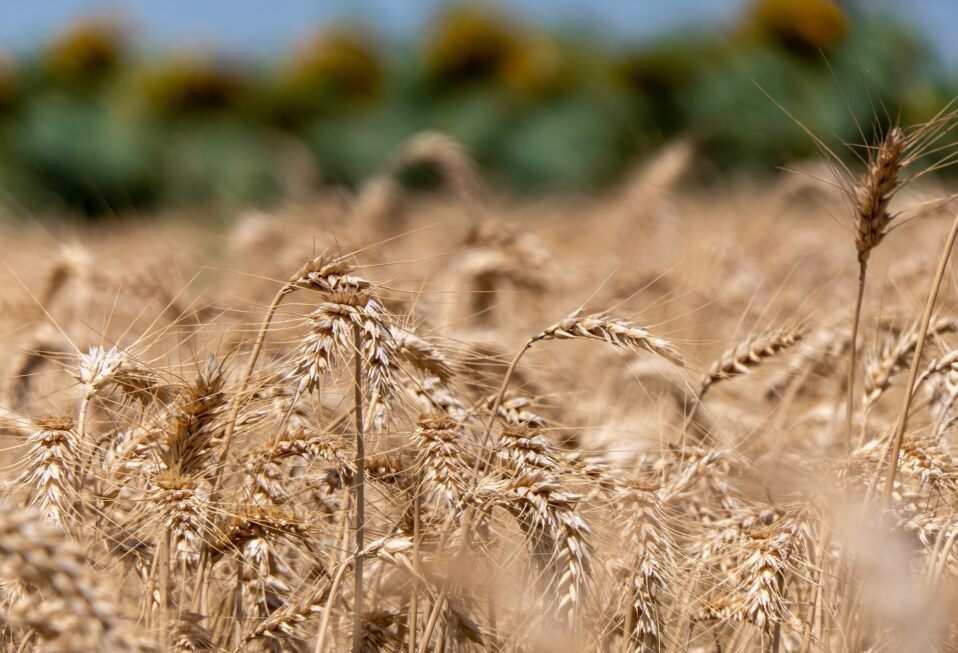By Arlene Bridges Samuels
Two oppressive regimes are trembling. Venezuela’s dictator, Nicolás Maduro, now sits in a Brooklyn, New York, prison cell, awaiting trial after being extradited to the United States. Meanwhile, Iran’s aging Supreme Leader, Ayatollah Ali Khamenei, has reportedly arranged an escape to Moscow, where Vladimir Putin will likely grant him refuge even as he orders continued violence against the Iranian people. Both nations have long crushed freedom and faith, but the tide appears to be turning.
Predictably, leftist critics have condemned President Donald Trump’s bold decision to arrest and extradite Maduro, but their outrage cannot silence millions of voices rising for freedom. In Iran and Venezuela, people who have endured decades of oppression are filling the streets, calling for justice, dignity, and self-determination. Together, their populations total more than one hundred million people whose cries for liberty can no longer be ignored.
Late Saturday night, Israeli Prime Minister Benjamin Netanyahu congratulated President Trump on social media, writing, “Congratulations President Trump for your bold and historic leadership on behalf of freedom and justice. I salute your decisive resolve and the brilliant action of your brave soldiers.” Netanyahu, who has long understood the Iranian regime’s global threat, also voiced his support for the Iranian people, saying, “We, in Israel, sympathize with the struggle of the Iranian people and with their aspirations for freedom and justice. It is very possible that we stand before a decisive moment, in which the Iranian people take their destiny into their own hands.”
In Venezuela, the celebration is unmistakable. After years of hardship, citizens were waving American flags in gratitude for Maduro’s arrest, although much of the mainstream media has ignored their jubilation. An estimated eight million Venezuelans had already fled their homeland due to economic collapse, political persecution, and humanitarian crisis. Those who remain filled the streets to celebrate, shouting prayers of thanksgiving.
A Venezuelan exile living in Florida posted a blunt message to American leftists who defend Maduro: “None of them have ever been to Venezuela, and none have any personal connection. I dare them, come to Miami. Hear our stories. Understand why we are overjoyed and how Maduro betrayed and destroyed our country.”
Venezuelan refugees in Panama and Chile have joined the celebration, tearing down Maduro’s posters and rejoicing at what many are calling “a miracle from God.” Swiss authorities quickly froze Maduro’s international assets, valued at more than $800 million. Christian leaders also view his capture as an answer to prayer. Worship leader Sean Feucht said, “For years, the church of Venezuela has been fasting, praying, and crying out to God for deliverance. The removal of Maduro was an answer to their prayers.”
The technology community has also played a role. Elon Musk announced that his Starlink satellite network will provide free internet access to Venezuelans through February, helping them stay connected as their nation transitions toward freedom. In Iran, where the government had shut down internet access to silence protesters, Musk activated Starlink to give the people a voice again.
The same longing for liberty echoes across Iran. After forty-seven years under an oppressive theocratic regime, citizens are risking their lives to challenge their rulers. Some Western commentators have dismissed the uprising as merely economic, but those who know Iran’s people understand it is a cry for freedom.
Marziyeh Amirizadeh, an Iranian-born Christian and now a U.S. citizen, was imprisoned in 2009 for sharing her faith and distributing twenty thousand Bibles. She narrowly escaped execution after nine months in Tehran’s notorious Evin Prison. Today, she speaks boldly on behalf of the persecuted. “The people are shouting ‘Long live the Shah,’” she said, referring to the late monarch’s exiled son, Reza Pahlavi. “The Iranian media has betrayed the people, who are united and only want freedom.”
Elam Ministries, founded a decade after the 1979 Islamic Revolution, reports that the Iranian church is now one of the fastest-growing Christian movements in the world. Despite persecution, thousands are coming to faith through underground churches and digital evangelism.
Yet the regime continues its brutality. According to UN Watch Director Hillel Neuer, Iranian security forces have cracked down in seventy-eight cities since late December, killing more than thirty people, injuring dozens, and arresting nearly one thousand. The United Nations Human Rights Council has issued no resolutions and held no emergency sessions. The silence of the global community is deafening.
Iran and Venezuela have been allies for more than two decades, united by their hatred of the United States and Israel. Their partnership began under Venezuela’s Hugo Chávez and deepened under Maduro, who opened his nation to Iran’s Revolutionary Guard Corps and its terror proxy, Hezbollah. The two regimes used Venezuela as a weapons depot and trafficking hub, exchanging gold, oil, and arms to sustain one another under international sanctions. In 2022, they formalized a twenty-year cooperation pact covering energy, defense, and infrastructure.
That alliance now lies in ruins. On January 3, U.S. Special Forces launched Operation Absolute Resolve, a flawless overnight mission that captured Maduro and his wife while they slept. The dictator who impoverished his people now faces justice in an American courtroom.
In Iran, millions of citizens are defying Khamenei’s authority, shouting for freedom, waving pre-revolutionary flags, and calling for the restoration of their monarchy under Reza Pahlavi. As one Iranian protester said, “We have lived in darkness for too long. Now we want light.”
Psalm 72:4 offers a fitting prayer for this historic moment: “May He defend the afflicted among the people and save the children of the needy; may He crush the oppressor.”
The world remains volatile, filled with both brutality and blessings. Yet amid the chaos, the hymn In Christ Alone reminds us of a timeless truth: “No power of hell, no scheme of man, can ever pluck me from His hand. Till He returns or calls me home, here in the power of Christ I’ll stand.”
Our CBN Israel team invites you to pray with us during this pivotal time in world history.
Prayer Points:
- Pray with thanks for the excellent meetings between President Trump and Prime Minister Benjamin Netanyahu.
- Pray that the citizens’ freedom in Iran and Venezuela become a reality.
- Pray for those in Iran who are risking their lives for freedom.
- Pray that Reza Pahlavi can return to his country to help shape a new Iran with freedoms.
Arlene Bridges Samuels is the weekly feature columnist for CBN Israel since 2020. Working on the staff of the American Israel Public Affairs Committee (AIPAC) as their SE Regional Outreach Director for nine years, International Christian Embassy Jerusalem USA engaged her as the Leadership Outreach Director part-time for their project American Christian Leaders for Israel. Arlene is an author at The Blogs-Times of Israel, is published at AllIsrael.com and The Jerusalem Connection, and has traveled to Israel since 1990. By invitation, she attends Israel’s Government Press Office Christian Media Summits as part of Christian media worldwide. In 2024, Arlene and her husband Paul co-authored Mental Health Meltdown: Illuminating the Voices of Bipolar and Other Mental Illnesses. www.TheMentalHealthMeltdown.com.




